Are You A 10-Thousand Hour Christian?
/ In his book Outliers (a book I found fascinating but one that's not written from a Biblical perspective), author Malcom Gladwell explains that becoming an expert in any given field generally requires ten thousand hours of practice. Since the book covers such areas as music, sports, and chess, I never thought about applying the "10-thousand-hour" principle to anything other than occupations and hobbies. But when blogger Catherine Gregory built her entire platform on the premise of becoming a 10-thousand-hour mama, wheels started turning in my head. Where else could the 10-k principle be applied?
In his book Outliers (a book I found fascinating but one that's not written from a Biblical perspective), author Malcom Gladwell explains that becoming an expert in any given field generally requires ten thousand hours of practice. Since the book covers such areas as music, sports, and chess, I never thought about applying the "10-thousand-hour" principle to anything other than occupations and hobbies. But when blogger Catherine Gregory built her entire platform on the premise of becoming a 10-thousand-hour mama, wheels started turning in my head. Where else could the 10-k principle be applied?
This past July 3rd marked my 29th year as a Christian. I did the math, and it turns out that I've been a Christ follower for over 254,000 hours. Even if you subtract all the hours that I've slept through (since I can't really work on my faith while asleep), I've hit the prized 10-thousand-hour mark over and over and over.
I know many other Christians who have been saved for a lot longer than I have, meaning they have even more faith hours under their belts. But there seems to be one common thread between every single believer:
I don't know any Christian who feels as though he's excelling in his faith.
Why is that?
Part of it could be that although we've been saved for years, we don't actually spend that much of our lives actively cultivating a deeper walk with Christ. Were we to count only the hours we actually spend in prayer, Bible study, and listening to sermons, there would be far fewer believers who've hit the 10-thousand-hour mark.
More than that, though, is the fact that no matter how hard we work, how much time we devote to study and prayer, and how faithfully we attend church, there is infinitely more to learn about the Christian faith. We could never exhaust it in ten-thousand lifetimes, let alone 10-thousand hours.
That's why the concept of an endless Eternity spent with Christ is so fascinating to me. Once we're in Heaven with the Lord, we will have all the time in the world to study the Glory of God.
But in full disclosure, I haven't always thought that Heaven sounded amazing. As a kid, I kind of wondered, "What will we do with all that time on our hands?" Thankfully, my perspective on and attitude toward Heaven have changed drastically over the years as I've matured in my faith and come to a deeper understanding of God's holiness.
I may not feel like an expert Christian, but I can see the growth I've made over the years. And I want more growth. I would love to feel like a 10-thousand-hour Christian some day - not out of pride, but because it is the most worthwhile pursuit I could ever undertake.
With that goal in mind, I'm currently working on 5 key areas to help foster a deeper faith:
Study the Word daily.
When I was growing up, my parents had me read my Bible on a daily basis. This became a habit for me, and I now rarely miss a day. (On those days when I do miss, I'm very thankful for grace.) That doesn't mean it's always easy, but if I work at it, I can stay fairly consistent.
Since the Bible is the foundation for my entire faith, starting out by reading God's Word is an excellent starting point for better spiritual growth. If we don't know what the Bible says, how can we put it into practice?
Pray frequently.
I love to pray. It's something simple, free, and very needed that I can do for both myself and for others. Even though I've been faithfully praying for years, though, just recently the Lord showed me the need to pray not just for the removal of trials, but for spiritual growth as a result of those trials. Maybe most Christians already know how important this kind of praying is, but it's new to me.
Fellowship with other believers.
The Bible clearly teaches that we are to stay in fellowship with other believers (see Hebrews 10:24-25). When at church, we sing praises to God, hear His Word preached and taught, and find encouragement through other believers. It's a win-win-win situation!
Another great way to be in fellowship is to find a Godly Christian older lady to mentor you. You can think of it as "finding your Paul," as Chip Ingram puts it in Good to Great in God's Eyes. Several years ago, a friend of mine had been encouraging me to find a mentor in my church. I was reluctant for a while, but after her continued, gentle pushing, I asked one of our church ladies to be my mentor. It's been excellent for my spiritual growth, because my "older lady" is willing to ask me hard questions in order to help me expand my faith.
Read solid Christian literature.
Many, many Godly people have walked before us on this journey of faith, leaving behind some fantastic Christian literature for our benefit. As long as we're diligent to read things that are based on God's Word and that don't take liberties outside of what the Bible teaches, reading solid Christian literature can help us grow tremendously in our faith.
And it isn't only fallen heroes of the faith who have worthwhile things to say; there are many newer books available now, too, that are just as good. Blogs, videos, and podcasts can offer other sources of Godly material, too. Just use discernment as you go through things to make sure that everything lines up with the Bible.
Minister to unbelievers.
Ministering to unbelievers is an excellent way to actively look for ways to share the Gospel. It puts feet to our faith. And it provides a great reason for us to make sure we really know what God's Word says. If we're going to be sharing the Good News with others, we first need to know what that good news is.
We also need reminders to keep ourselves humble as we pursue the world for Christ. The Bible promises that the Gospel is going to be offensive enough just on its own. While we can't do anything to change that, we can read Scripture and ask God's help in staying humble as we share so that our own actions don't add to that offense.
I won't ever feel like a 10-thousand-hour Christian until I reach Heaven, but I can take steps to increase my faith. By studying God's Word, praying frequently, fellowshipping with other believers, reading good Christian literature, and ministering to unbelievers, I hope to increase my Christian walk - with the Spirit's help.
Will you join me?










 "Father, what is sex sin?" asked Corrie Ten Boom on the train one afternoon, having heard the word in a poem at school.
"Father, what is sex sin?" asked Corrie Ten Boom on the train one afternoon, having heard the word in a poem at school.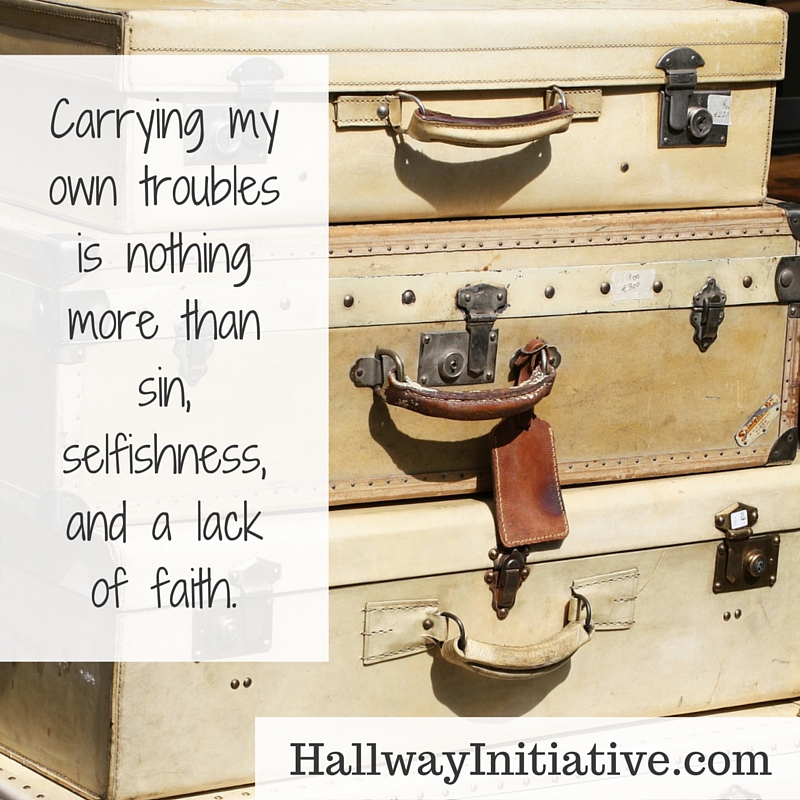



















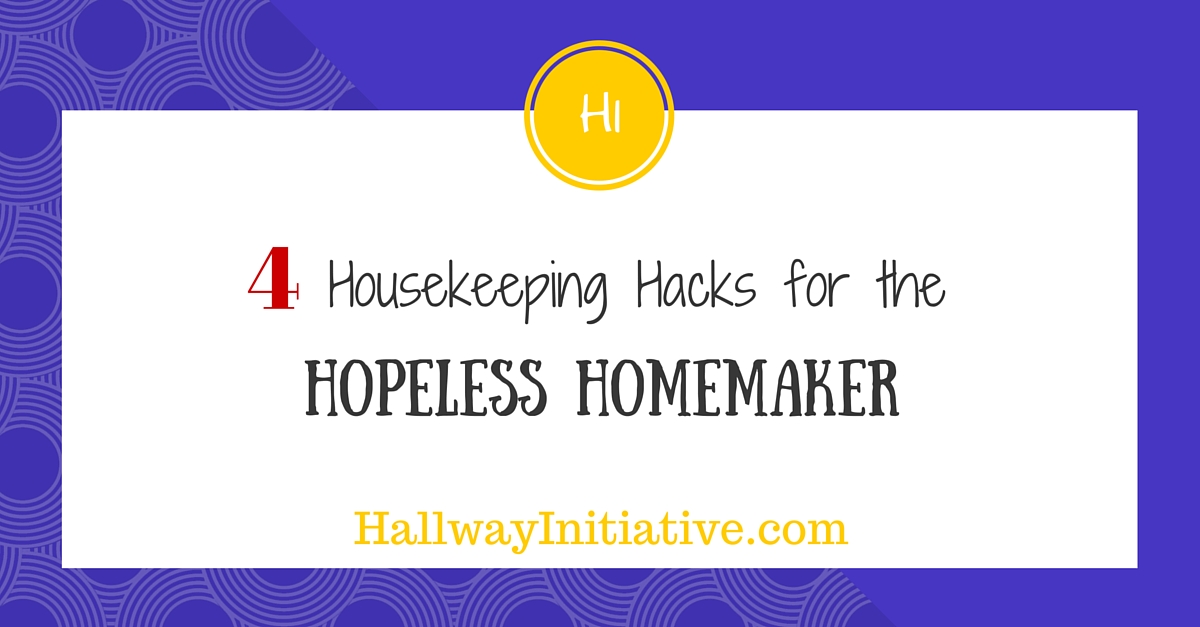


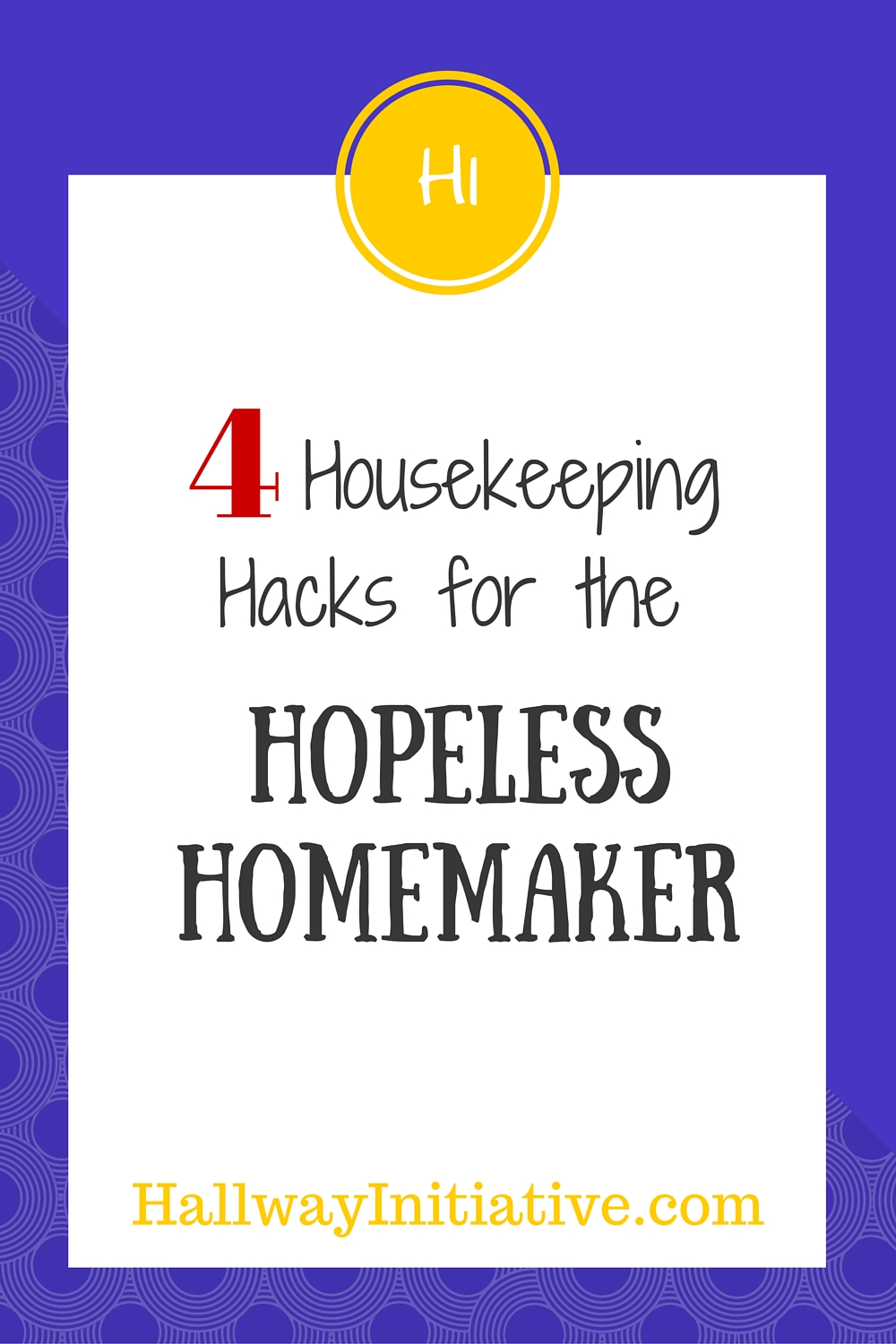
 Today, I want to ask a deeply personal question:
Today, I want to ask a deeply personal question:
 Do you have a bucket list?
I didn't think I did, but last night I realized I do. A few items on my "to-do" list include:
Do you have a bucket list?
I didn't think I did, but last night I realized I do. A few items on my "to-do" list include:
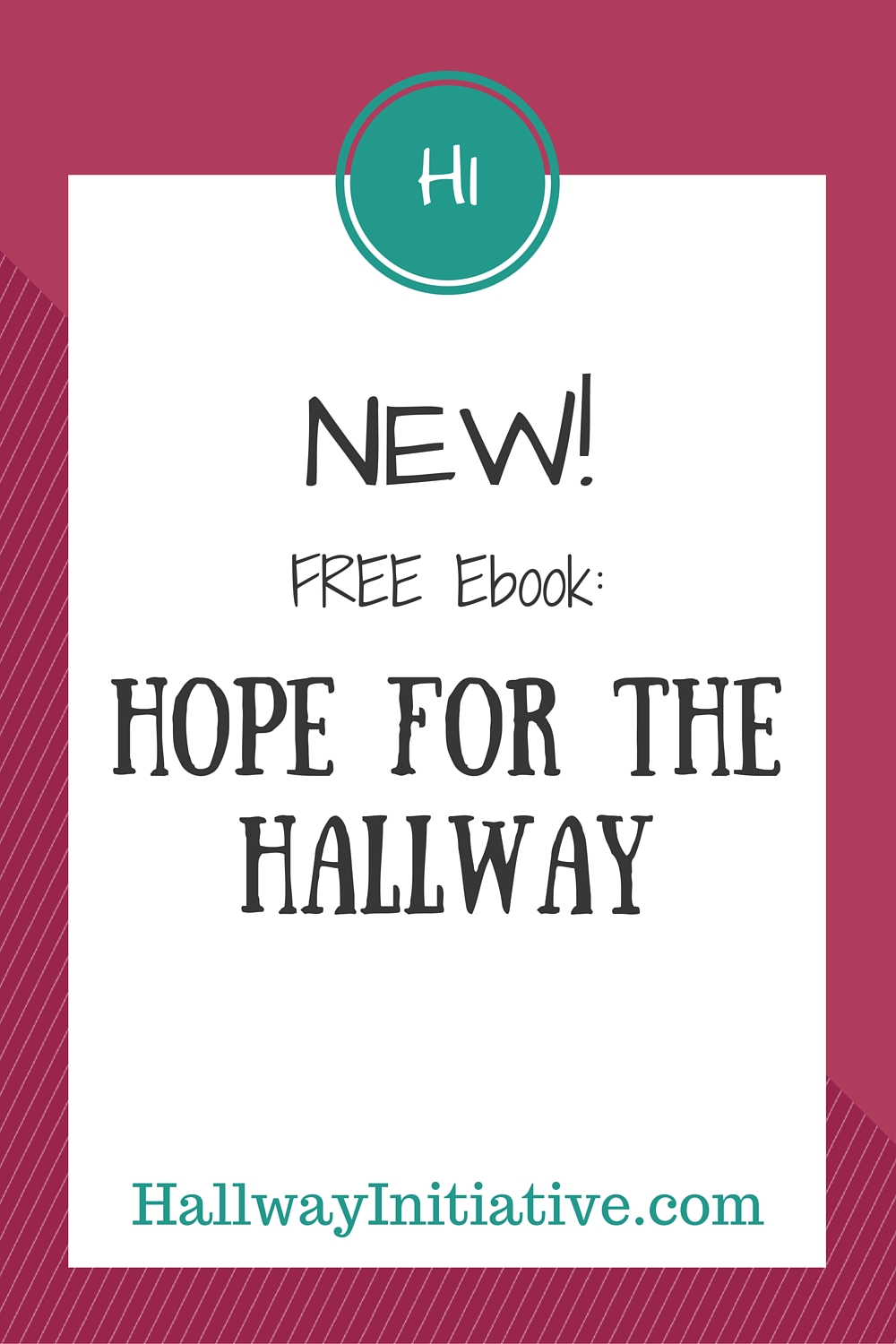
 I love John chapter 21. The scene opens in the early morning light. The crucifixion and resurrection have taken place, and the disciples have been out fishing all night without any catch to show for their efforts. Jesus, standing on the bank, calls out to them and tells them to cast their nets over the side of the boat.
I love John chapter 21. The scene opens in the early morning light. The crucifixion and resurrection have taken place, and the disciples have been out fishing all night without any catch to show for their efforts. Jesus, standing on the bank, calls out to them and tells them to cast their nets over the side of the boat.
 Because of my family's health issues, I've started down the rabbit hole of living a healthy lifestyle. While I find the subject extremely interesting and have learned a tremendous amount about whole foods, specialized exercise, essential oils, and natural cleaning, I'm realizing that it's very easy to go over the healthy living edge - to focus on it so determinedly that everything else in life falls by the wayside.
Because of my family's health issues, I've started down the rabbit hole of living a healthy lifestyle. While I find the subject extremely interesting and have learned a tremendous amount about whole foods, specialized exercise, essential oils, and natural cleaning, I'm realizing that it's very easy to go over the healthy living edge - to focus on it so determinedly that everything else in life falls by the wayside.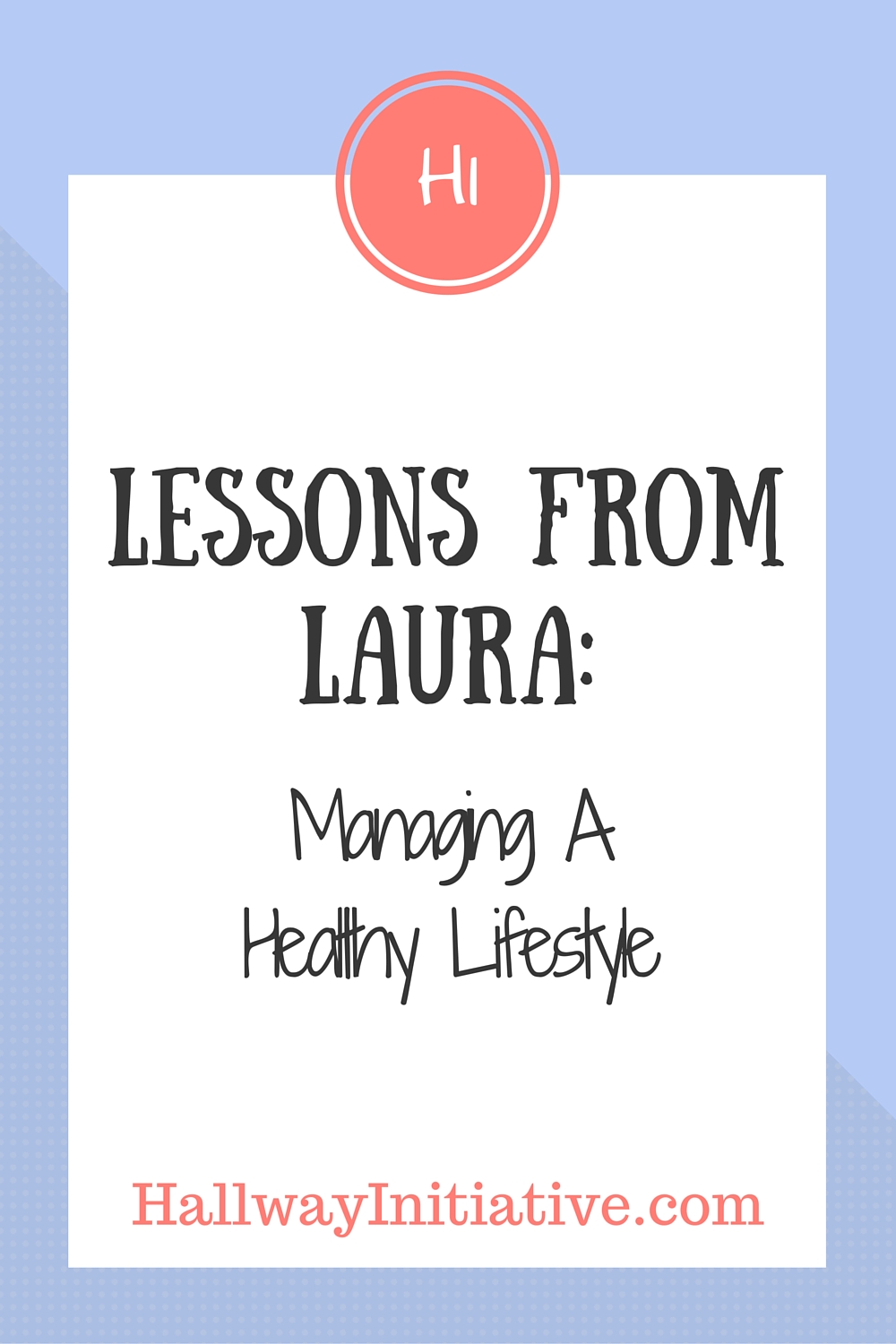





 Devastated, I stared at my quiz score. Never before had I ever failed an exam of any kind (with the exception of my driver’s test, but that’s a story for another day). It’s okay, I told myself. It’s my first week here at college. I’ll do better next time. But the following week’s quiz resulted in an even worse grade.
Devastated, I stared at my quiz score. Never before had I ever failed an exam of any kind (with the exception of my driver’s test, but that’s a story for another day). It’s okay, I told myself. It’s my first week here at college. I’ll do better next time. But the following week’s quiz resulted in an even worse grade.
 For the first 10 years of our marriage, I worked part time first as a church secretary and then as a piano teacher to supplement Jon's income. I found both jobs enjoyable and appreciated each of them, and by carefully planning my schedule, we never had to pay for childcare. Even so, I would have greatly preferred to be home full time. Between the fact that I’m a complete introvert and that I believe a woman’s primary ministry is in her home (though, of course, her home is not her only ministry!), I didn’t like having to leave my husband and little ones in order to work.
For the first 10 years of our marriage, I worked part time first as a church secretary and then as a piano teacher to supplement Jon's income. I found both jobs enjoyable and appreciated each of them, and by carefully planning my schedule, we never had to pay for childcare. Even so, I would have greatly preferred to be home full time. Between the fact that I’m a complete introvert and that I believe a woman’s primary ministry is in her home (though, of course, her home is not her only ministry!), I didn’t like having to leave my husband and little ones in order to work.


